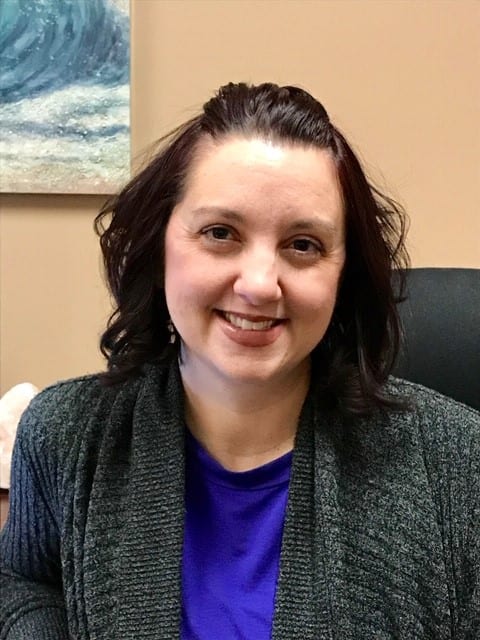Addiction is a family disease. It can damage and destroy even the strongest of families.
Recovery is equally powerful. It transforms families, providing hope and healing that can repair and strengthen even the most broken of family ties.
Too often family members live in constant hurt, fear and desperation as they watch a loved one destroy themselves in their disease. Still, there is hope for family members to help their loved ones reclaim their life through treatment and recovery.
Treatment and family support are essential for successful recovery from addiction. Once the disease manifests, powerful negative feelings drive the addiction. These feelings typically include shame, guilt and worthlessness. It is important to understand that when your loved one is living in their addiction, they have almost no self-worth. Expressing your love and care for them while also pressing your case for treatment is essential. You do not have to wait for your family member to hit rock bottom. You can intervene now. Either way, most people likely will not seek treatment without help.
Stop Stigma
An important first step for families involves eliminating the stigma surrounding the perception of addiction. Substance use disorder (SUD) is a chronic brain disease that requires clinical treatment and supportive care, not a moral failing. When it comes to understanding addiction, many family members still have dangerously misinformed perceptions and fears about loved ones suffering with SUD. Stigma not only puts up barriers for loved ones to be successful in treatment and recovery, it prevents families from healing and from being successful partners in recovery.
In addition to understanding that addiction is a medical condition, family members require support to help them through their own recovery process. Often, family members find that support with others who have loved ones in treatment and/or recovery such as Al-Anon. Others may need a deeper level of support and care to help facilitate long term healing and recovery through family treatment programs.
Family Care
The Substance Abuse and Mental Health Services Administration (SAMHSA) offers these suggestions for families ready to begin the recovery journey:
- Joining a local family support group to meet others experiencing similar challenges.
- Participating in family programs in which education and treatment sessions include loved ones.
- Attending individual therapy to learn appropriate coping skills.
- Eating healthy meals and getting adequate sleep.
- Managing stress by engaging in hobbies and getting exercise.
- Sharing stories with the virtual recovery community and reading about others who have similar experiences.
Even when a loved one finds hope and health, family members can relapse or trigger a loved one’s relapse by exhibiting past fears, losing patience with the ongoing treatment, recovery and 12-step process, and even applying an abundance of pressure and suspicion.
Often, some of the most natural responses and actions family members engage in through their love and compassion actually harm their loved one and enable their addiction. By engaging in a Family Care treatment program, families can learn how avoid destructive, self-inflicted obstacles, and strengthen their loved one’s recovery.
















